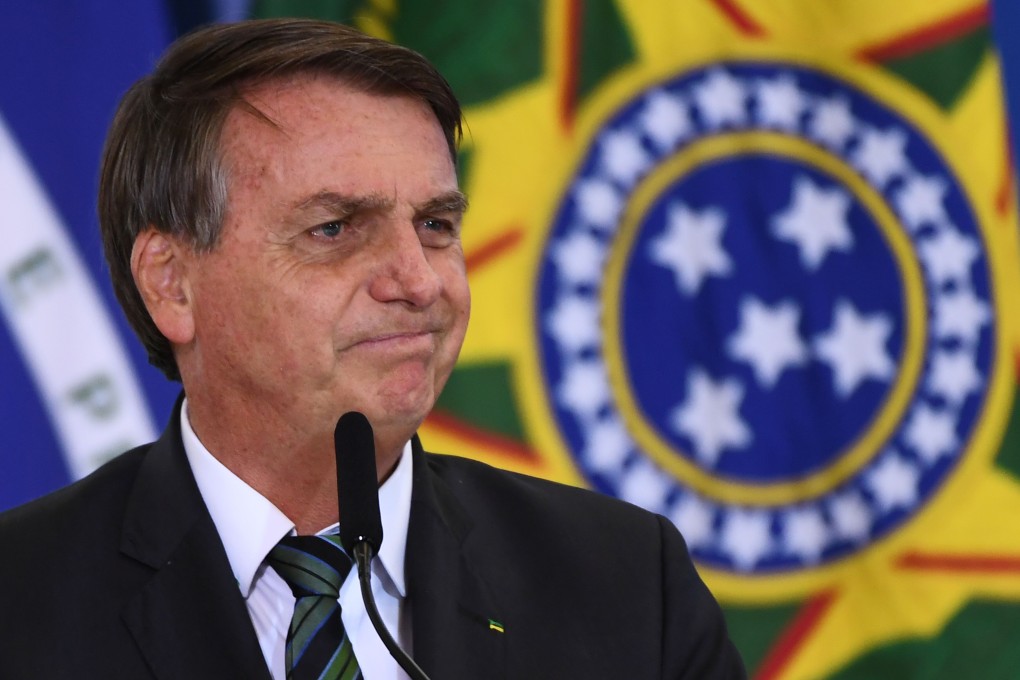China critic Bolsonaro looks set for second term as Brazil president
- A turnaround on Chinese-made vaccines and a pro-business agenda are proving popular for the ‘Trump of the Tropics’
- But while Brasilia has toned down the anti-Beijing rhetoric it could be heading for a rocky period in relations with the US

While much could happen between now and Brazil’s presidential election in October 2022, opinion polls show the nationalist leader well ahead and little in the way of a viable opposition to challenge him.
As for China – Brazil’s top trading partner since 2009, according to government data – former army captain Bolsonaro and his political allies seem to be toning down their anti-Beijing rhetoric in the wake of Trump’s exit, according to Marcos Caramuru de Paiva, Brazil’s ambassador to China from 2016 to 2018.
China-bashing has been a common refrain for Bolsonaro. When he ran for president and won on a populist platform in 2018, he attacked China for what he called predatory trade practices, warning that Beijing was buying up the country with tens of billions of dollars invested in commodity and infrastructure businesses.
He returned to the theme last year, repeatedly saying the Covid-19 vaccine made by China‘s Sinovac Biotech was untrustworthy. His son, parliamentary deputy Eduardo Bolsonaro, echoed Trump in calling the Covid-19 pandemic the result of a “Chinese virus”, a label that infuriated Beijing.